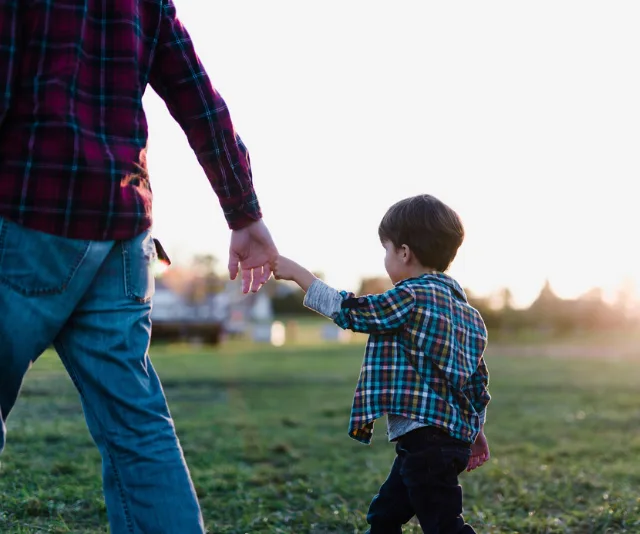The idea that we should teach our kids not to talk to strangers could actually be damaging them. Instead parents should be teaching kids how to identify safe adults, and stay away from people displaying ‘tricky’ behaviour.
Former police officer, author and mum of three, Kate Power is making those lessons a little easier with her latest book My Tricky EYE-SPY! The sequel to her best-selling children’s safety book, My Underpants RULE!.
Designed for children aged between three and eight, My Tricky EYE-SPY! aims to help parents teach children the tools they need to keep them safe from people who may cause them harm.
“It allows families to start conversations discussing exactly what their child would do if someone were to come up to them and offer them sweets, or ask them to help find their puppy,” says Power.
“Having a conversation about these imaginary scenarios and asking your child to think about how they would respond is almost like a dress rehearsal, the more times they do it, the more confident they will be if that time were ever to come.”

Dangerous adults don’t look dangerous.
Safe adults and tricky adults
“The stranger danger idea is flawed,” Power explains.
“If you enforce that idea, children will assume that a dangerous stranger looks scary, or is frightening in some way, and that’s simply not true.
“When they meet a nice, approachable stranger they assume that the stranger danger message no longer applies.”
My Tricky EYE-SPY! Helps explain ‘tricky’ behaviours instead.
A safe adult wouldn’t offer a child they don’t know sweets. A safe adult wouldn’t ask a child for help, they’d ask another adult. A safe person wouldn’t expect a child to go with somebody they didn’t know.
But a ‘tricky adult’ might do all of those things, and knowing that could save your child from a dangerous situation.
Tricky behaviours might include an unknown grown-up who:
Comes up to you and gave you sweets
Says they lost their dog and wants help
Wants to take you to a nice place like a park , their home, their car
Comes to your door and wants to come in
Tells you their name and says that they know your parents/carer
Strangers aren’t all dangerous
“Some children are uncomfortable to cause a scene if they need to get away from a ‘tricky’ adult,” says Power.
“Going through these scenarios and stressing that it is OK for them to yell out, can really help them feel as though they have permission to do that.”
Your child will need to speak with strangers. They see you speaking with strangers. Teaching them to avoid them is not helpful, teaching them to recognise safe adults is.
